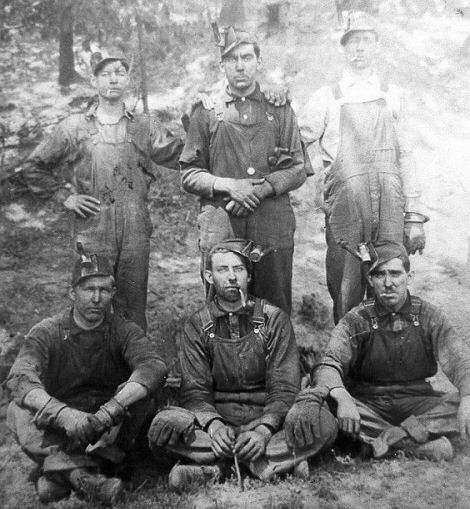In a case turning on an unusual provision in West Virginia partnership law, the state Supreme Court sent a partnership dissolution action back to the trial judge to determine whether the plaintiffs were actually partners of the partnership that they were trying to dissolve.
The opinion in Sugar Rock, Inc. v. Washburn (Supreme Ct. Appeals June 3, 2016) turned on a specific, and unusual, provision in West Virginia law that requires that an interest in “mining partnerships” to be in writing. The existence of a statute of frauds, however, doesn’t mean that this is not a question that arises with some frequency.
Formation of General Partnership Under RUPA
Partnerships are easy to form, but sometimes not easy to “define” in the real world application of the law. The Revised Uniform Partnership Act (“RUPA”) § 101 defines a partnership as “an association of two or more persons to carry on as co-owners a business for profit formed under this act or that becomes subject to this act.” The Uniform Partnership adopted by the Uniform Law Commission is the basis for partnership law in many jurisdictions, including New Jersey, where we practice. N.J.S.A. §42:1A-2.
The broad definition can be the source of disputes about what is, or is not, a partnership. Unusual commission arrangements or profit sharing can create a claim about the existence of partnership that is vigorously disputed. If two companies decide to pursue a client and split the profits, is there a partnership? Does the sales manager with a national over-ride that he gets quarterly and for which a K-1 is issued have the right to force an accounting?
As a lawyer who counsels businesses in dissolution and other ownership disputes, which we refer to broadly as business divorce, I often find myself looking for evidence that there was an actual partnership. Or not.
All of this points back to the advice we give to all of our business clients. Have a good agreement in place and document your major actions. Most businesses don’t however, and we sometimes end up trying to piece together the arrangement through secondary evidence.
General Partnership Dissolution Under RUPA
The West Virginia Court had it a bit easier, perhaps, because the statute mandated that an interest in a mining partnership must be “created or conveyed by a deed, will, or similar written conveyance.” The Court then examined the nature of a dissolution under the RUPA, which nonetheless applied to mining partnerships. The RUPA, as adopted in West Virginia, provides:
[a] partnership is dissolved, and its business must be wound up, only upon the occurrence of any of the following events:
. . . .
(5) On application by a partner, a judicial determination that:
(i) The economic purpose of the partnership is likely to be unreasonably frustrated;
(ii) Another partner has engaged in conduct relating to the partnership business which makes it not reasonably practicable to carry on the business in partnership with that partner; or
(iii) It is not otherwise reasonably practicable to carry on the partnership business in conformity with the partnership agreement[.]
Thus, the Court held, because only a partner can bring an action for dissolution, the question of who is or is not a partner must be decided before there is any determination of whether good cause exists to dissolve the partnership entity.
[I]t is axiomatic that, in order for partners to seek dissolution of a partnership, they must first be identified as such. And, before a partnership’s partners can be identified, the existence of a partnership, itself, must be found in the first instance.
Because the case was before the Supreme Court on the appeal of a grant of partial summary judgment, the Court looked at whether there were issues of fact that needed to be resolved by trial. The trial court had erred in its determination that there were no facts that required a trial, the Court held.
Proving the Existence of a General Partnership
The absence of clear records is often an issue that has to be resolved by litigation. A partnership requires no formal organization, and even businesses such as corporations or limited liability companies can be organized and operate for extended periods without any formal documentation.
How does one prove the existence or lack of an equity interest? That is often a difficult question. Tax documents – whether the money generated by the entity was designated as wages, consulting income or profit distributions, is often a key issue. But it is not nearly as dispositive as one might imagine to a judge, and the tax returns themselves can create significant ambiguity.
Typically, the question of the existence of a partnership will turn on various types of evidence, of which the tax returns are only a part. Relationships with vendors and customers and the manner in which the business operated on a day -to-day business are all factors.

